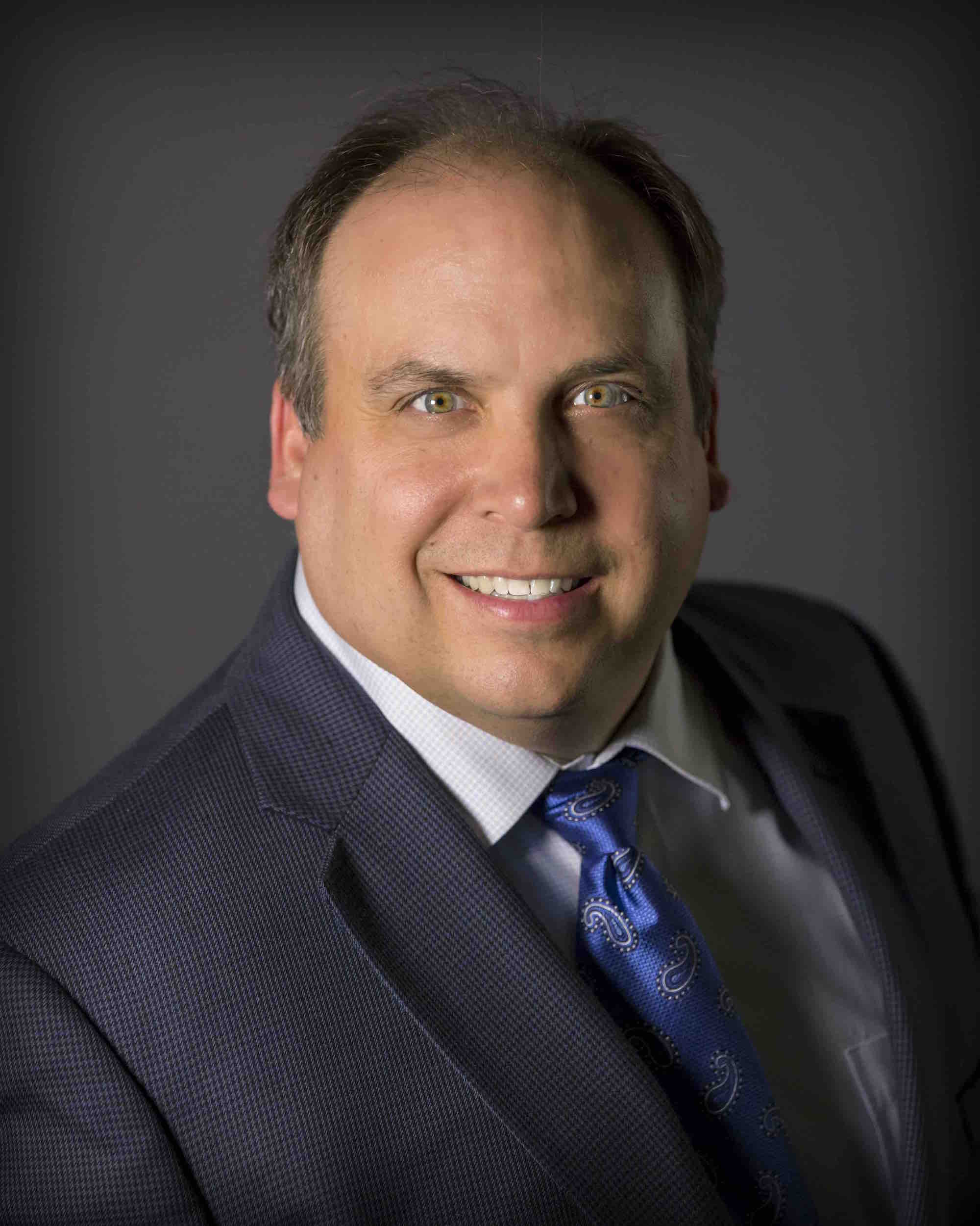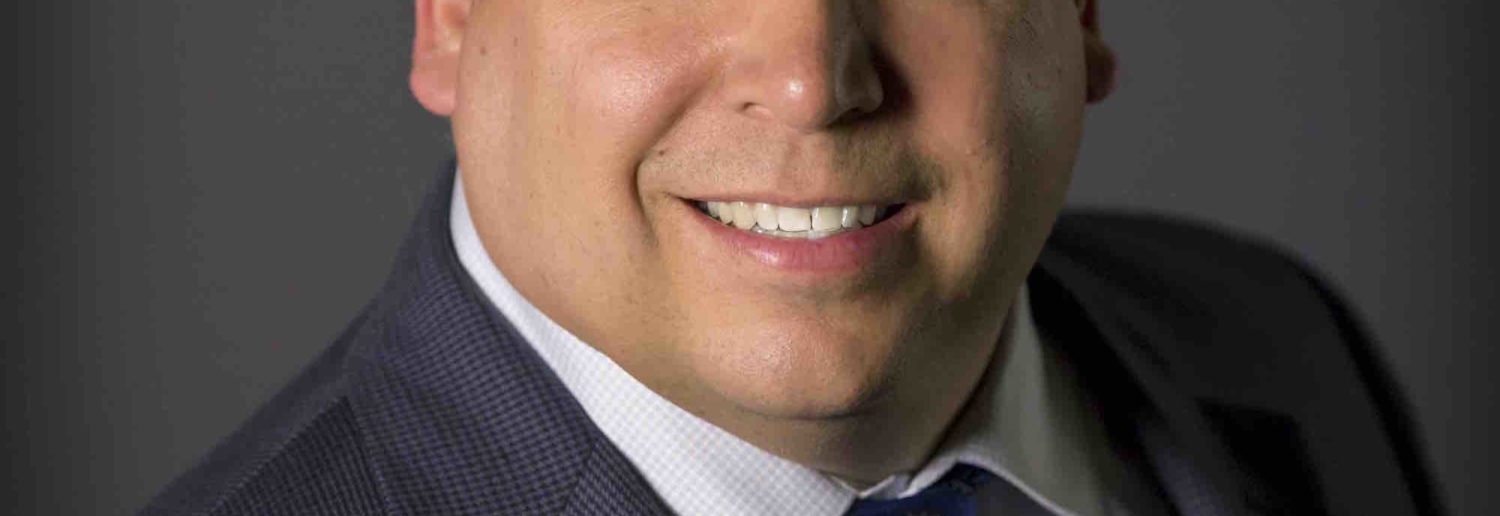35 Years of Hope: John Driscoll

There I was, in my mid-20s, living in the attic of a homeless shelter with 60 women and about 70 of their children,” John Driscoll says with a smile. Today John is senior vice president in charge of recovery services with Hazelden Betty Ford, overseeing a staff of 900 and 17 treatment centers nationwide that treat 23,000 people annually.
It all started with a short conversation John had with his Aunt Connie at his father’s funeral in 1990. “My aunt told me I needed to get out of the UP [Upper Peninsula of Michigan], come to Chicago and see what they were doing there. I took her up on that, and spent the following summer at the shelter. That was my internship between my junior and senior year of college.”
The nuns tried to teach the residents core principles of accountability and responsibility, requiring them to save 80 percent of their food stamps and 75 percent of their income so they could accumulate first and last month’s rent, have money for furniture and have a supply of food stamps. That gave them a start, but for many residents, it wasn’t enough. “We discovered they would leave with money and have an apartment, and the next month due to their addiction, they’d be broke and homeless again.”
John returned to St. Martin de Porres House of Hope after he graduated college with a degree in psychology, staying for a total of eight years. “That second summer, we started to create phases of the program. We created a pass system. In the past women could come and go, as long as they were in before the gate closed. They were going out and getting high, using, not coming back. We started to put structure into their lives, began counseling and groups. We started providing, education – help with reading, math, and English.”
At St. Martin de Porres House of Hope, John learned about the 12-step approach to treating addiction. “We learned what was working for the women. The longer they stayed with us, the more engaged in AA/NA meetings, the more structure and guidance, the better they did. Women started to seek us out and come to us because they heard if you really wanted to get sober, this is where you should go. Some women came to the shelter because their drinking and using buddies had stopped showing up and were with us.”
John met his wife, Kris, when she interned at St. Martin’s. He says his experience at the recovery home “is the foundation of what I do. It launched my life, my career, my family. It helped me understand how the 12 steps work. The change that happens in people is unbelievable. Hope really happens here.”

